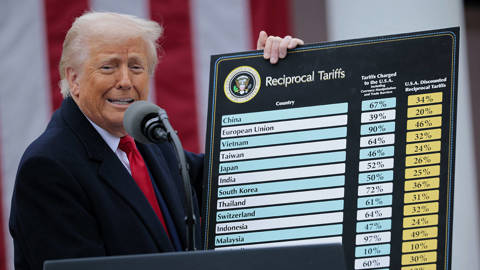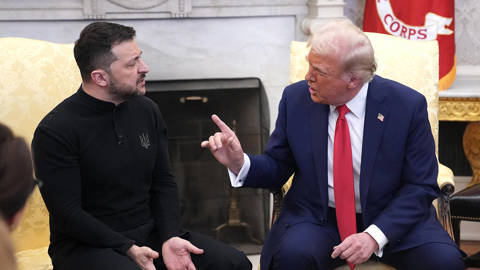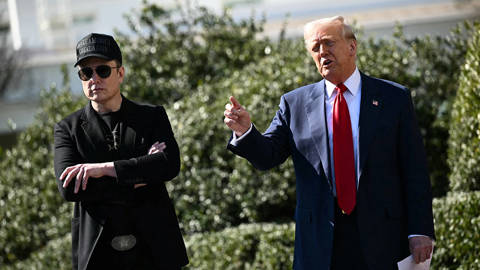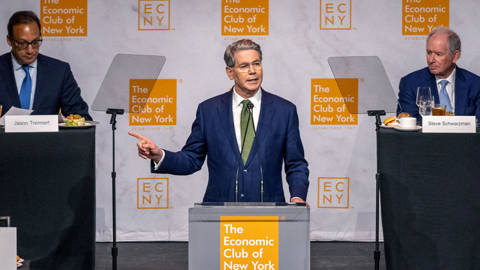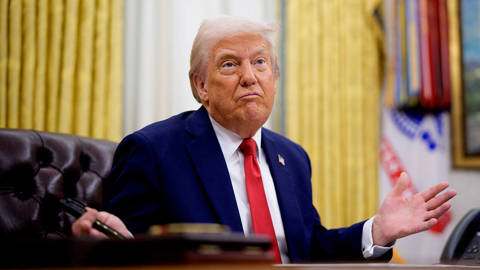Mark Lowcock
Mark Lowcock is UN Under-Secretary-General for Humanitarian Affairs.
-
Investing in Data Saves Lives

Investing in Data Saves Lives
Jun 1, 2021 Mark Lowcock & Raj Shah show how filling critical information gaps can enable earlier and more effective humanitarian responses.
-
Tackling the COVID Hunger Crisis

Tackling the COVID Hunger Crisis
Feb 11, 2021 Gordon Brown & Mark Lowcock call for immediate international action to prevent widespread starvation and keep children in school.
-
Prevent the Next Food Crisis Now

Prevent the Next Food Crisis Now
Jan 29, 2021 Mark Lowcock & Axel van Trotsenburg urge the international community to adopt an anticipatory approach to the growing hunger pandemic.
-
Ending Sexual Harassment and Abuse at the UN

Ending Sexual Harassment and Abuse at the UN
Jan 16, 2018 Mark Lowcock & William Lacy Swing tout the organization's efforts to create a culture of accountability and zero tolerance for exploitation.

